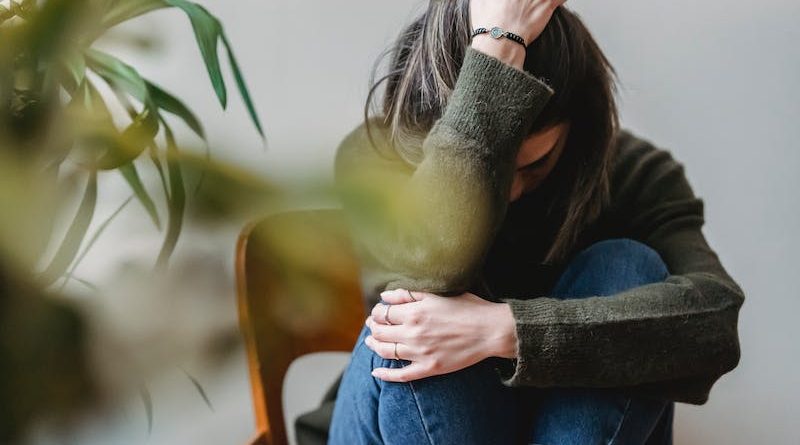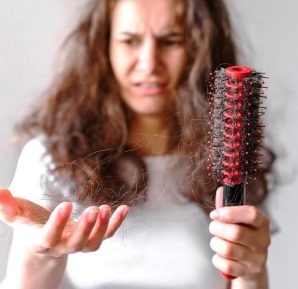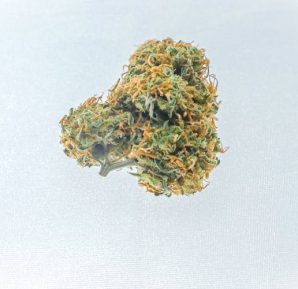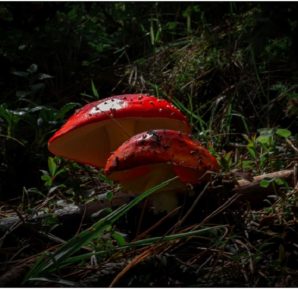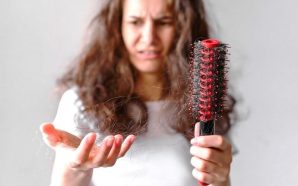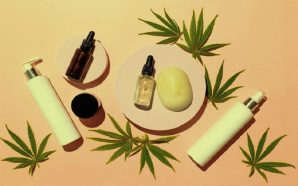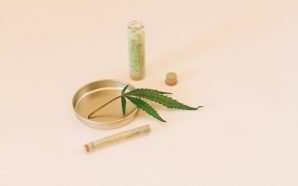We’ve also included details about how CBD can help if you’re experiencing anxiety. Learn the ins and outs of using it, along with any potential pitfalls.
The CBD molecule is a special cannabinoid that only the cannabis plant can make. It’s related to THC, but unlike THC, it doesn’t produce a high when consumed. On the other hand, it is an excellent treatment for anxiety. The cannabidiol (CBD) in cannabis cannot lead to dependency, is not misused, and cannot cause fatalities. You can purchase CBD in three different forms: pure CBD, CBD with a broad spectrum, or CBD with a complete spectrum. Full-spectrum CBD may contain THC, a substance known to promote nervousness, and hence should be avoided by people with anxiety problems.
Cannabidiol (CBD) containing products are becoming increasingly popular. Cannabidiol, or CBD for short, is a chemical compound found naturally in cannabis and hemp. There are many potential health benefits associated with CBD use. Read this guide on CBD for Anxiety & OCD: Learn More About the Uses and Benefits of CBD.
However, many people are already taking CBD to manage their anxiety, even though studies into its physiological effects are in their preliminary stages.
Taking CBD will not get you high in any manner because it has no psychoactive effects. Additionally, it does not result in dependency. Due to this, many people feel safe using it as a means of alleviating the symptoms of anxiety disorders.
In what ways, if any, can CBD help with anxiety?
Anxiety treatment with CBD has been widely touted, but what does the research show?
CBD’s effects on patients with social anxiety disorder have been studied. Ten persons with social anxiety disorder were studied in a 2010 study that looked at the effects of CBD. A total of 400 milligrams of CBD or a placebo was given to each trial participant. Subjects given CBD reported significantly reduced anxiety.
Note that none of the people in this study suffered from anxiety issues (or other mental health conditions). Rather than being a disease in and of itself, anxiety is seen here as a symptom.
A lack of sleep and anxiety are usually found combined. Researchers in one study looked at how CBD affected those with sleep problems and/or anxiety. Four out of five subjects reported less anxiety, and two out of three reported better sleep, suggesting that CBD may help with problems associated with both anxiety and sleep.
Tips for Using CBD to Reduce Anxiety
There are a few alternative techniques you might take if you decide to apply CBD to cure your anxiety. Oils, tinctures, and edibles are just some of the many delivery systems for CBD (including gummies, chocolates, and savory snacks)
Various beverages, topical balms, and vape pens, as well as smoked hemp flower, all contain CBD (such as creams, lotions, and body oils)
Almost none of the cannabidiol (CBD) in a topical product will make its way into your bloodstream. Thus, treating an internal issue like anxiety with a CBD topical is not a good idea. Many skin conditions, including as discomfort, inflammation, and acne, respond well to topical CBD use.
CBD is typically used in the form of CBD oil or CBD capsules in the studies discussed above. There is little proof to back up the claim that one method is better than another.
What amount of CBD should I take to reduce my anxiety?
Anxiety sufferers who are interested in trying CBD may have trouble determining the appropriate dosage. Your body weight, metabolism, and individual biology will likely determine the appropriate dosage of CBD for you.
Second, as the non-profit NORML (National Organization to Reform Marijuana Laws) points out, it can be challenging to find commercially accessible products with the same amount of CBD as is used in clinical research. The high demand for CBD goods is to blame for this.
It’s best to “start low and progress carefully” when it comes to CBD (and THC, for that matter). Starting with a low daily dose (say, 10 or 20 milligrams) and gradually increasing it until you feel better is the recommended approach. By doing so, you can determine the safest and most effective dose with the least amount of side effects.
Consult a doctor who is knowledgeable about CBD to determine the appropriate dosage for you. CBD is no exception to the norm that you should always talk to your doctor before starting a new health regimen. If you are already using anti-anxiety medication, consulting your primary care physician before starting a new treatment for anxiety is essential.
Many other therapy options are supported by research, even though CBD has not been demonstrated to be useful in treating anxiety.
Conclusion
If you’ve tried everything and still can’t seem to get a handle on your anxiety, it may be time to schedule an appointment with a therapist. This is a great first step in the right direction toward alleviating the symptoms. Your primary care physician may be able to provide you with a reference to a qualified therapist.




